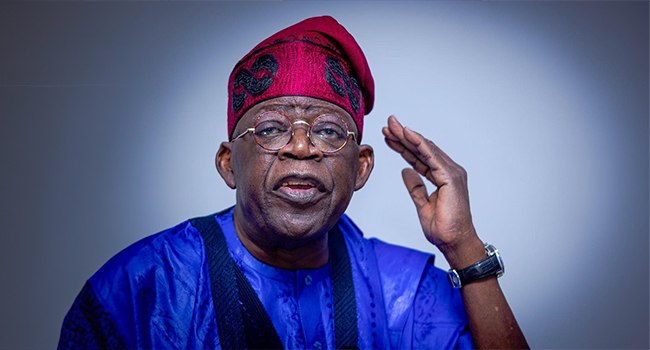
Tinubu’s Tax Bills and the Issues Left Unresolved
By Umar Farouk Bala
In just two brisk days—Wednesday, May 7, and Thursday, May 8, 2025—the Nigerian Senate passed the 2024 Tax Reform Bills, acting swiftly on the executive’s request. But in that speed, something vital may have been sacrificed: regional equity.
There is no denying Nigeria’s tax system needs a reset. It is inefficient, outdated, and unable to support a modern economy. But this latest reform effort, packaged in urgency and sealed with Senate approval, is stirring silent anguish—especially in Northern Nigeria.
Central to the disquiet is the proposed Value Added Tax (VAT) distribution formula. Many Northern voices have labeled it “anti-North”—and not without cause. This is not mere politicking. It is a genuine alarm over economic survival.
By centralizing tax administration under a new Nigeria Revenue Service, the Federal Government aims to streamline collection. But in doing so, it risks stripping Northern states—many of which are still building their fiscal independence—of much-needed autonomy.
These are states already lagging in internally generated revenue, industrial development, and infrastructural capacity. Now, they are being asked to run a race with regions that began miles ahead.
The new formula links revenue allocation more closely to consumption and productivity—benchmarks that naturally tilt in favor of the more commercialized South. States like Lagos and Rivers, economic giants in their own right, stand to gain.
Meanwhile, Northern states—agrarian, informal, and structurally underdeveloped—watch the margin widen. But the implications go deeper. The North’s economy runs on small-scale traders, roadside artisans, informal markets, and seasonal farmers.
These are people already on the margins—often without bank accounts, without internet access, without formal records. Yet they will now be required to meet modern tax obligations that even small businesses in Abuja and Port Harcourt struggle to navigate.
Though the reform bills claim to protect low-income earners, the increased compliance mechanisms, digital requirements, and regulatory oversight may do the opposite. They could push more Northern citizens out of the formal economy and into deeper poverty.
Yes, the argument has been made that population-heavy Northern states unfairly benefit under the current model. But even if that claim holds water, the answer cannot be an abrupt pivot to a system that ignores deeply rooted structural disparities.
Reform must be sequenced. Development must precede extraction. The horse must not follow the cart. The overlooked reality is that many Northern states remain heavily dependent on federal allocations for survival.
Transitioning to a tax-heavy model without first strengthening local institutions, investing in infrastructure, and equipping citizens with the tools for compliance is a recipe for economic trauma. Worse still, the reforms ignore a growing cancer in the system—informal, illegal taxation by non-state actors.
From roadside unions to local touts, these shadow tax networks, especially common in the North’s chaotic transport sector, are unregulated and untamed. Ignoring them in this reform is akin to patching a leaking roof while leaving the doors wide open.
Perhaps most troubling is the process itself. The bills were crafted and passed with little or no consultation from key Northern stakeholders. A reform of this magnitude should be built on dialogue, not decree.
When policy feels imposed—especially under a Southern-led presidency—it feeds perception of bias, deepens regional distrust, and hands political opportunists a dangerous narrative to exploit. We cannot afford that. Not now.
Not as 2027 draws closer, and divisive rhetoric lurks in campaign shadows. Indeed, Nigeria needs tax reform. But reform that divides will not deliver development. Reform that marginalizes cannot build a united nation.
What the country needs is a bold but balanced approach—one that carries everyone along, one that listens before it legislates. The North is not asking for special treatment. It is asking for fairness. For reform that is just.
For a process that recognizes that a farmer in Zamfara and a banker in Victoria Island do not stand on equal ground. Unless these fault lines are acknowledged and addressed with sincerity, the 2024 Tax Reform Bills may not fix the problem—they may simply deepen it.
